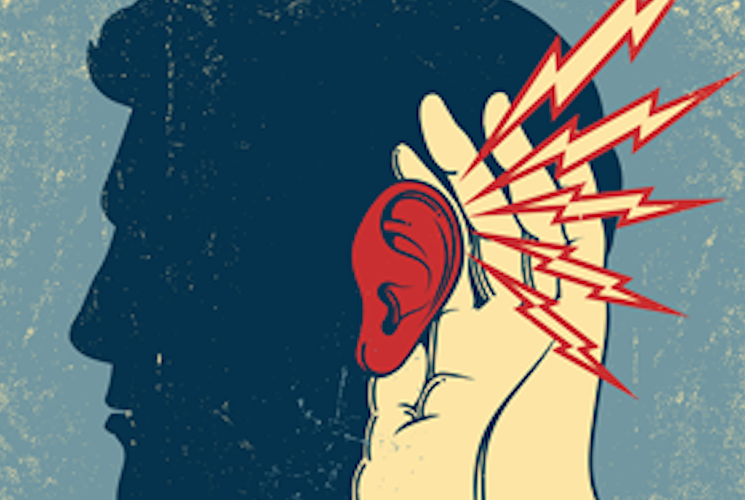Did You Hear Me? Listening is a Skill
by Julia VanDeren, CFA Institute
The verdict is in: Listening is the most useful communication skill. So how can you pay better attention?
In a recent CFA Institute Financial NewsBrief poll, 54% of respondents indicated that listening was more important than writing, presenting, negotiating, and persuading. To provide guidance and practical insights on why and how to listen to achieve better business relationships, executive coach Katie Botten presented a webinar on “The Art and Science of Business Listening.”
“Whether you want to sell a product, a service, or an idea, impress them, educate them, talk sense into them, or get them to do something for you, a huge amount of our communication is an effort to get through to people and cause them to do or see something differently,” says Botten. “And here’s the really important concept: We don’t get other people to do what we say by what we tell them, but by what they tell us.”
Indeed, understanding someone’s motivations and concerns helps you to develop those solutions and ideas with the best chance of succeeding. As Ray Dalio, founder of Bridgewater Associates, said, “Remember that your goal is to find the best answer; not to give the best one you have.”
Listening is defined as “The process of receiving, constructing meaning from, and responding to spoken and/or non-verbal messages.” That’s a lot to ask when you think about it. Botten explains that effective listening is a combination of:
- The proper intention: Are you listening for the sake of understanding, building relationships, or being of service? Or are you “listening” to manipulate, compete, or win?
- The proper mindset: Do you believe that another’s perspective is valuable, that you can learn something from them? Are you aware that your emotions and sentiments impact your listening skills?
- Knowledge about how listening does or does not happen: Are you aware of the potential influences that can detract from successful listening, such as cultural differences, biases, and behavioral styles?
- The listening skill: Can you be fully present and focused, refrain from interrupting, ask relevant questions, summarize your understanding of what you heard, and synthesize new information?
- Experience: Like many things, practicing the art of listening helps you to get better.
Botten stresses the important role nonverbal communication plays. Citing Peter Drucker, she reminds listeners that “The most important thing in communication is hearing what isn’t being said.” She recommends paying attention to:
- Facial expressions
- Posture
- Eye contact
- Gestures or movements
- Physiology (e.g., sweating, blushing, breathing)
- Position relative to others (e.g., standing close, turned away)
You want to determine whether the nonverbal cues are consistent with the verbal message, or whether there is a contradiction that signals a more complex reality. Noticing such a contradiction should prompt you to pause and ask more or different questions. You may even choose to address the contradiction directly by saying something like, “I sense that you might feel conflicted about this. What concerns do you have?”
Botten provides additional examples of phrases and questions to use in various situations, as well as many more tips for developing your listening skills in the full webinar. If you have additional practical tips from your own experience, share them in the comments section below.
If you liked this post, don’t forget to subscribe to the Enterprising Investor.
All posts are the opinion of the author. As such, they should not be construed as investment advice, nor do the opinions expressed necessarily reflect the views of CFA Institute or the author’s employer.
Image credit: ©iStockphoto.com/Man_Half-tube
















